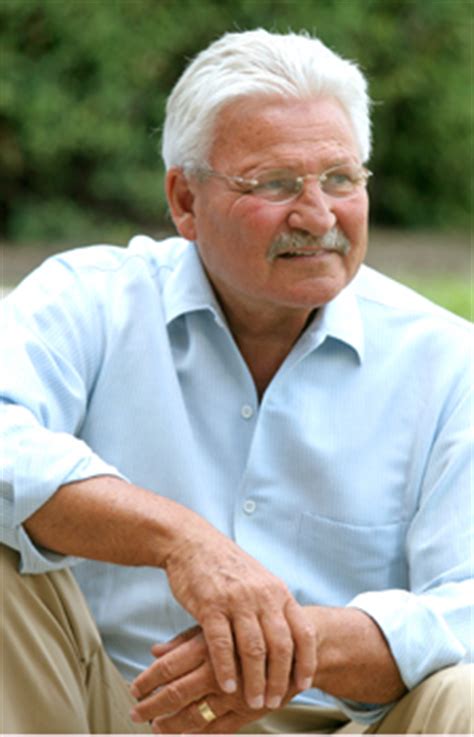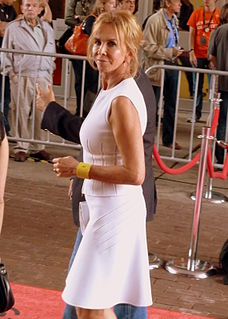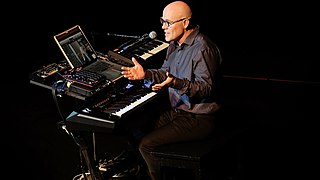A Quote by Tara Brach
Somewhere in my early twenties I realized I was pretty constantly monitoring myself, judging how I was always falling short, whether it was about not being a good enough daughter or friend, or my appearance, or whatever. I ended up becoming involved with a spiritual path in the yogic tradition, living in an ashram, doing a very rigorous spiritual practice.
Quote Topics
About
Always
Appearance
Becoming
Becoming Involved
Being
Constantly
Daughter
Doing
Early
Ended
Enough
Falling
Friend
Good
Good Enough
How
I Realized
Involved
Judging
Living
Monitoring
Myself
Path
Practice
Pretty
Realized
Rigorous
Short
Somewhere
Spiritual
Spiritual Path
Spiritual Practice
Tradition
Twenties
Up
Very
Whatever
Whether
Related Quotes
"Moksha" is really a satire of myself. I've always been interested in Eastern spirituality. I'm particularly interested in enlightenment and the spiritual pursuit to liberate ourselves (I'm a Buddhist at heart). During my teenage years, I imagined I'd end up going to India to become a yogi; study with the last living saints in a cave; give up all my worldly possessions; learn to levitate. And there's still part of me that can see myself "disappearing" for some years at an ashram somewhere.
If the majority of the "spiritual market" is drawn to prerational magic and myth, how do you reach the small group who are involved in genuine, laborious, demanding, transrational spiritual practice? This is very difficult, because both markets are referred to as "spiritual," but these two camps really don't get along very well-one is mostly translative, the other is mostly transformative, and they generally disapprove of each other-so how do you put them into one magazine without alienating them both?






































